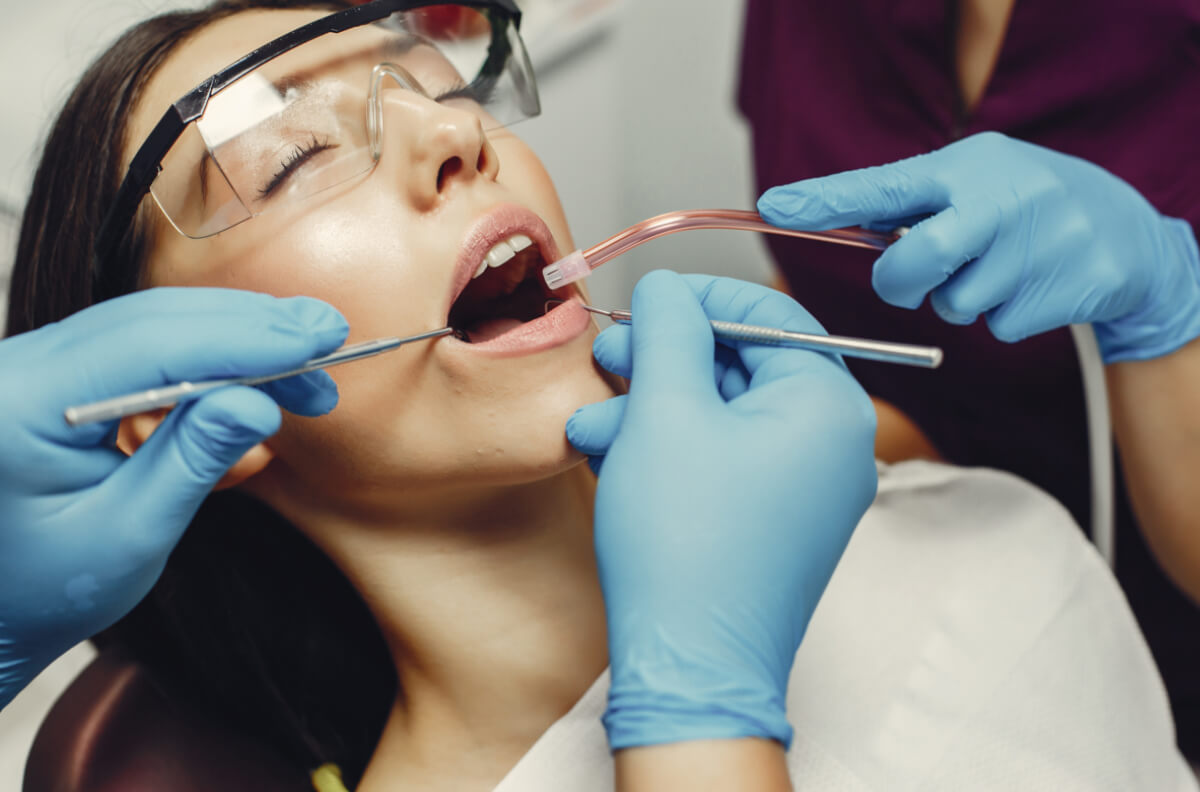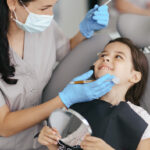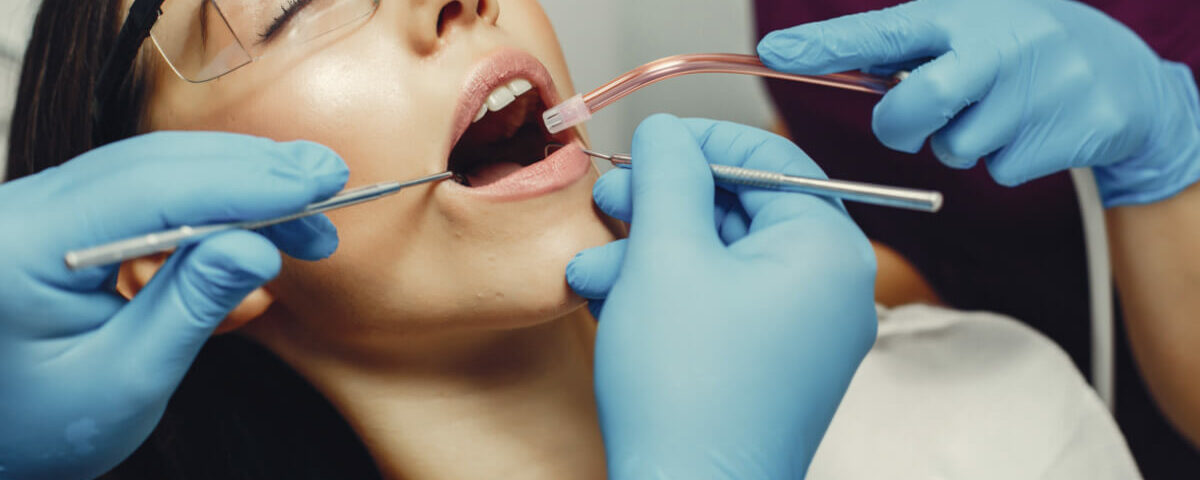
What is Bruxism (Teeth Grinding)?
Bruxism (teeth clenching) is when an individual clenches, grinds, or presses their teeth together. Bruxism (teeth grinding) occurs as a result of a person unconsciously clenching or grinding their teeth while asleep. Sleep bruxism (teeth grinding) is actually directly related to sleep and is known as a movement disorder. Some symptoms observed in individuals who grind their teeth include snoring, difficulty in breathing, and sleep apnea.
What are the Symptoms and Treatment of Teeth Grinding?
Bruxism (teeth grinding) has some symptoms due to clenching the teeth together.
Grinding the teeth loudly enough to wake up a sleep partner
Increasing tooth pain due to clenching together
Tooth sensitivity, cracked, flattened, loosened, or worn-down teeth
Pain in the jaw, neck, or face
Worn tooth enamel that exposes deeper layers of the tooth
Feeling of pain like earache even if there is no issue in the ear
Mild headaches starting in the temples
Sleep disturbances
Damage caused by chewing on the inner side of the cheek
Having a locked jaw that does not fully open or close due to tired or tense jaw muscles
Treatment and Methods for Bruxism (Teeth Clenching)
How does bruxism (teeth clenching) pass or how is it treated? These questions are frequently asked. Bruxism is not a condition that requires treatment in children from a young age and it usually improves on its own over time and the frequency of teeth clenching decreases. In some rare cases, bruxism requires treatment and therapy to learn the underlying causes and be treated by a specialist physician.
How is Bruxism (Teeth Clenching) Treated?
Therapies and medications are used to prevent tooth damage and jaw pain in cases of bruxism (teeth clenching). If the person has a relationship with sleep problems due to bruxism (teeth clenching), they should consult a sleep specialist doctor. The doctor will evaluate this issue, investigate whether the person has sleep apnea or other disorders, and request sleep studies or tests.
Stress or anxiety management related to teeth clenching should be monitored by a specialist doctor in the treatment of bruxism (teeth clenching). Stress and anxiety management can be beneficial in reducing bruxism (teeth clenching). Relaxation techniques such as meditation can help relax the teeth after stress and can be beneficial in preventing the problem. In some individuals, medications used in the treatment of bruxism (teeth clenching) may not produce the desired results. Investigating the underlying causes of bruxism (teeth clenching) may require the determination of underlying causes by a specialist physician. The doctor may recommend the use of antidepressants or anti-anxiety medications for stress or other sensory issues in the treatment of bruxism (teeth clenching). Monitoring and changing the dosage of the medication or prescribing a different medication by a specialist doctor for the person may also be used in identifying the problem.
In some cases, bruxism (teeth clenching) may be triggered by a medical condition such as Gastroesophageal Reflux Disease (GERD), in which case treating GERD may play an effective role in the treatment of bruxism (teeth clenching).
Kayseri Bruxism (Teeth Clenching) Botox Price and Appointment
For the treatment of bruxism (teeth clenching), you can start the treatment process by making an appointment with our specialist physicians at Kayseri Durupol oral and dental health.

